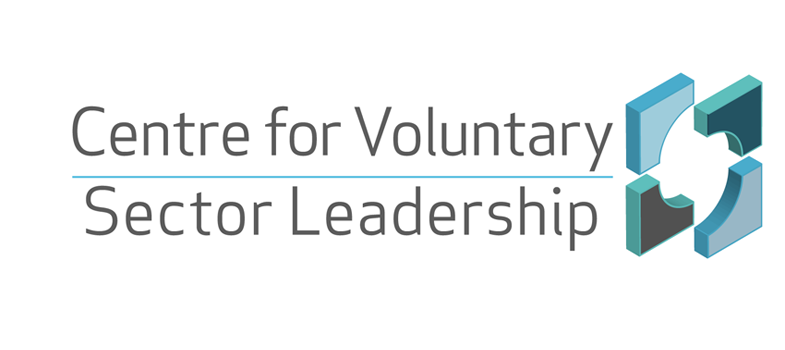6.1 Democratic practice as work on the self
The first dimension of participative leadership practice is work on the self, work you engage in, with yourself as the primary focus. This is primarily reflective work, where you critically engage with your own commitments, knowledge and beliefs (Connolly, 2004 and 2005). This is about opening yourself up to the potential for collaborative leadership.
What is democratic about this process is that you reflect deeply on who you are being in certain situations (in meetings, in your conversations and relationships with trustees, partners and volunteers) and ask what it is they might need from you, rather than what you would prefer to offer them. Critically reflecting on your own work in leadership means that you start to see yourself as dependent on those around you – you start to see yourself relationally, as deeply entwined in the lives and fates of others. We ask ourselves what kind of identity would my group value from me, or, what kind of identity does my group need of me now? These are two different propositions, of course. What a group wants is not always what it needs. As Vangen and Huxham (2003) state, sometimes adopting a leadership identity involves a degree of steel and pragmatism: this is only problematic if it becomes the default position.
Activity 3 Your close working relationships
Spend 10 minutes thinking carefully about the one person you work most closely with. What is it you think that person values most from you? Is this the same thing that you think you offer that person? If you are uncertain, why not have an informal discussion with that person about what they value and need from you in terms of your work and leadership? Spend about 15 minutes and make notes of your thoughts in your learning journal [Tip: hold Ctrl and click a link to open it in a new tab. (Hide tip)] . Make sure you title the post with the week number and the number of this activity, Week 2 Activity 3.
Comment
Asking what others need of us is a different way of thinking about leadership. We can already now sense the influence of democratic thinking into leadership practice – opening up what we do and even our identities to the influence of others.
6 Participative leadership practice and identity
